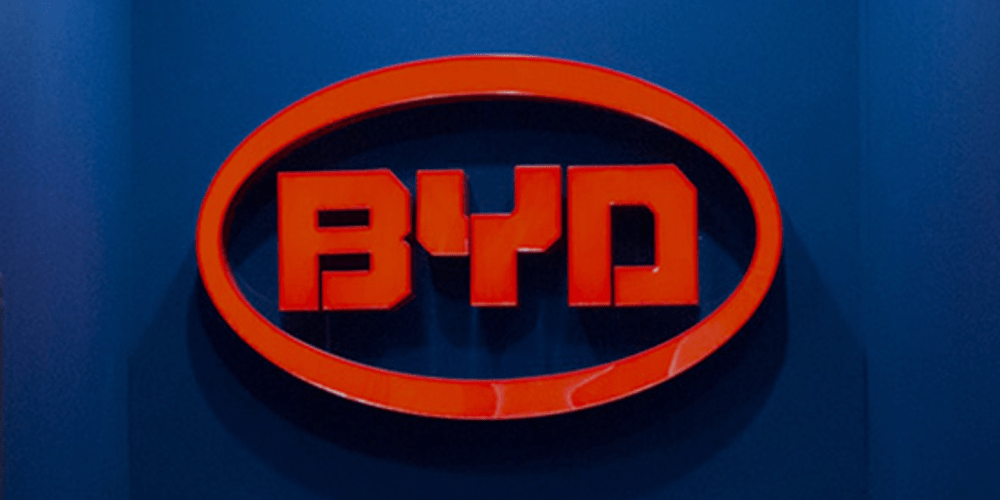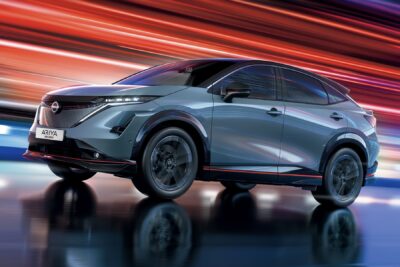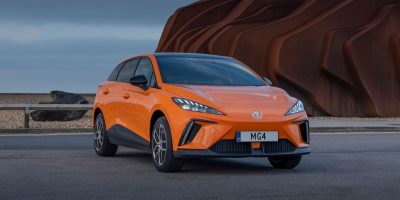BYD rumoured to double down on commercial vehicle business
BYD is planning a major push into battery-electric commercial vehicles, according to a media report. The Chinese manufacturer will launch a series of new BEV commercial vehicle models in markets such as China, Europe and Japan over the next three years.
This was reported by the Wall Street Journal, citing unnamed people familiar with the plans. BYD has set a budget of more than $20 billion for its commercial vehicle division through 2025, it said, with major spending planned on research, product development and expanding production capacity.
However, the WSJ sources did not reveal how exactly this spending will be divided among development, factories and the different vehicle segments, such as buses, regional distribution trucks and long-haul trucks. A BYD spokesperson also declined to comment to the US newspaper.
However, according to the report, an important fundamental decision has been made: BYD will focus exclusively battery-electric commercial vehicles, not fuel cell-electric commercial vehicles. So far, BYD mainly offers battery-electric city buses that rely on its in-house Blade battery – a cell with LFP chemistry in a long and flat format.
Battery-electric drives are set
BYD is thus siding with those commercial vehicle manufacturers who also rely on batteries in heavy vehicles for long-distance transport – such as the VW subsidiary Traton. Other manufacturers, such as Daimler Truck and the Volvo Group, also rely on the fuel cell, which is lighter in a truck than a large battery for long ranges and thus has no or less impact on the payload of the vehicles.
As the WSJ now writes, BYD believes the blade battery can solve this problem. BYD has meanwhile launched the first battery-electric commercial vehicles outside the bus segment. According to the report, 2,774 commercial vehicles other than buses were sold in January and February. This figure is not broken down in more detail. But the WSJ refers to the BYD website, which now lists a range of commercial vehicles – such as vans, trucks, cement mixers and sweepers.
One of the WSJ informants stated on the background of the model offensive that BYD expects sales of commercial vehicles in China to recover quickly after the lifting of the strict Covid 19 measures. In addition to China, BYD also has its sights set on global markets. Although concrete plans for models for specific markets are not mentioned, the report refers to the existing commercial vehicle plants in countries such as Brazil, Hungary and India. The bus factory in Hungary in particular could probably also produce more e-vehicles for Europe.
However, one country is not currently the focus of BYD’s commercial vehicle plans, although the Chinese already have a factory for electric buses there: the USA. According to the sources, expansion in the US has been put on hold for the time being due to geopolitical tensions between the countries. BYD has been operating a factory in Lancaster, California, since 2014, from where up to 1,500 vehicles per year are delivered to the US and Canada.





1 Comment